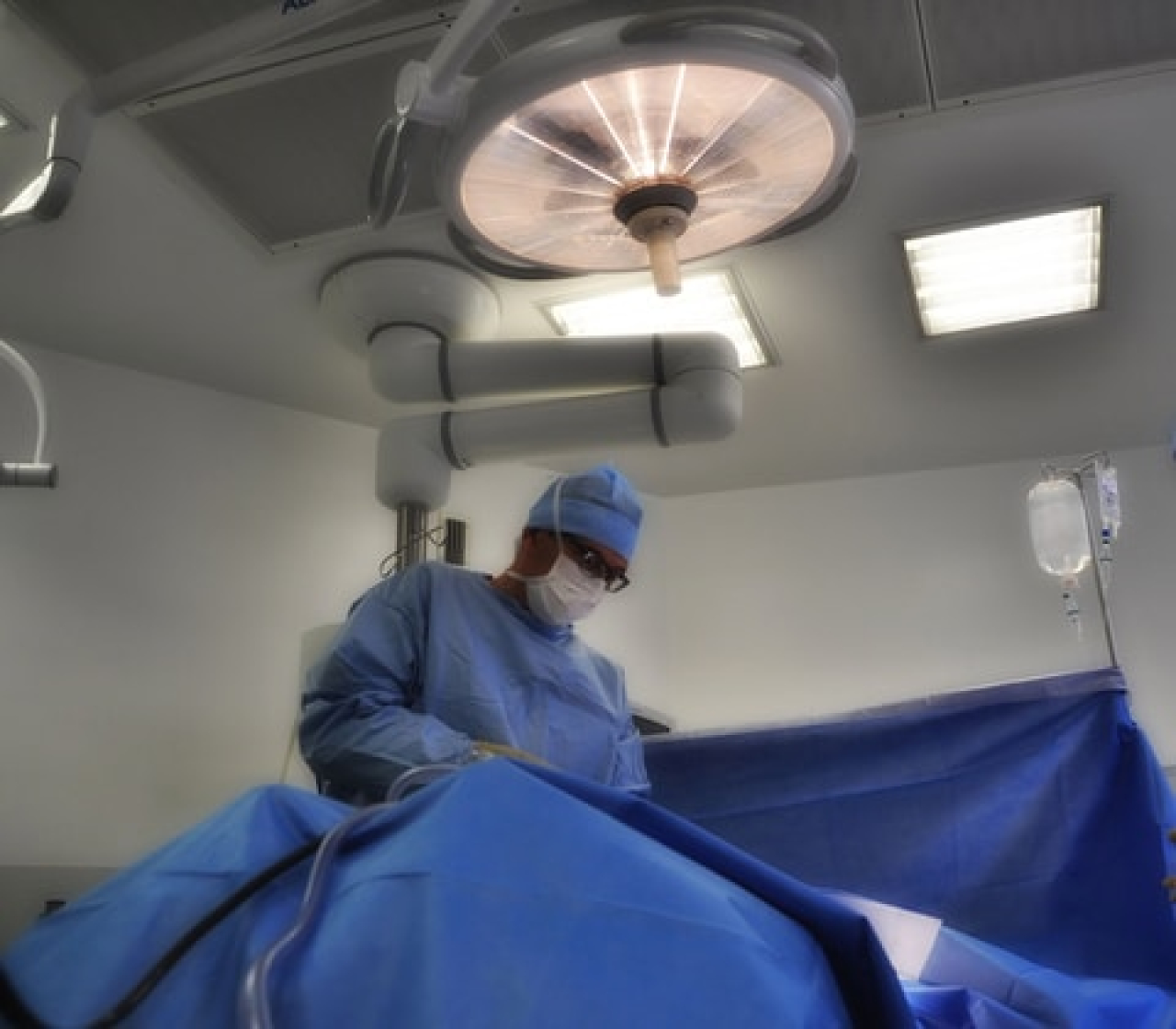
Get the Right Care

Community Involvement
How Old Do You Have to be to Get Weight Loss Surgery?
Obesity, especially among young people, is a large and growing public health concern throughout North America.
In recent years, obesity rates for children and teens have been on the rise, and we are beginning to see increased prevalence of obesity-related health complications in younger and younger segments of the population.
As more and more people come to terms with these negative health consequences, the search for solutions has intensified. And for severely obese adults, weight loss surgery is one of the most effective ways to bring about major weight loss.
Now, people are wondering if weight loss surgery may be a viable option for younger patients. So, how old do you have to be to get weight loss surgery? Read on to find out more.
The immediate and long-term risks of childhood obesity include a number of physical health conditions, including high blood pressure, type-2 diabetes, heart disease, sleep apnea and others. However, many are starting to understand that some of the most nefarious effects of obesity are actually the mental health consequences for young people.
Chronic obesity causes children and teenagers significant mental health problems, including depression and low self-esteem, which can have consequences that reverberate throughout their adult lives.
According to the World Health Organization, obesity is preventable, but it has nonetheless nearly tripled since 1975, with a large part of that increase occurring in the last 20 years.
Although it is difficult to obtain a clear consensus on such a complicated and multi-faceted issue, most experts agree that some combination of increased sedentarism and unhealthy nutritional choices is the reason why obesity rates have risen so dramatically.
Any casual survey of the parents of obese teenagers would confirm these two potential causes. As parents know, children and teens spend more time holding electronic devices or in front of screens now than ever before. Also, publicly-funded physical education and sports programs are on the decline, which means that kids have less encouragement and opportunity to engage in exercise and other physical activities.
Of the nutritional factors that contribute to obesity, sugar consumption, especially in the form of sugar-sweetened beverages, is thought to be one of the leading contributors to the obesity epidemic. Findings from large cross-sectional studies, along with cohort studies, have shown a positive association between increased intake of sugar-sweetened beverages and weight gain as well as obesity in both children and adults.
As the troubling obesity trend continues, younger and younger populations will be considered for some form of bariatric surgery. At this stage, many surgeons believe weight loss surgery is safe for post-pubescent teens who meet the age requirements (14+) and other criteria, such as a body mass index (BMI) of 35 or more, among others.
Determining whether a child or a teenager is ready for bariatric surgery is a big decision. It involves a team-oriented decision making process that includes the patient and the patient’s immediate family, as well as their primary care physician, bariatric surgeon and other medical professionals.
One of the first things to assess is whether or not a young person is healthy enough for bariatric surgery. Before undergoing a weight loss procedure, a potential patient should do everything possible, including meeting with diet and exercise specialists, to improve their physical health and make sure they are fit for surgery.
Also, recovering from weight loss surgery will involve managing physical pain and potential health complications, so patients must be emotionally mature enough to understand these consequences and handle them in stride.
A patient must be able to provide informed consent to the requirements of the procedure, as well as the diet and exercise requirements following the surgery. A bariatric procedure, such as gastric banding surgery, is only the first step on a lengthy weight loss journey.
Following their procedure, bariatric surgery patients cannot go back to their old lifestyle habits. They must accept that regular exercise, a healthy diet plan with vitamin supplements and ongoing medical care will be a part of their lives that they simply cannot ignore if they want to lose weight and keep it off.
Without the moral support of friends, family members and loved ones, recovering from weight loss surgery, such as a gastric bypass, and adjusting to the required lifestyle changes is extremely difficult. For a successful outcome, patients will need both practical and emotional support from the people closest to them for some time.
Weight loss surgery is not always a good option for adolescents, as a number of factors could make them ineligible, such as the medical cause of their obesity, a substance abuse problem, or a pregnancy (or plans to become pregnant).
The health benefits of weight loss surgery for adults are well established, and a consensus is beginning to emerge that weight loss surgery may present an excellent way for teens to avoid long-term health problems.
If you are wondering if bariatric surgery is right for your teen, contact Clinique Michel Gagner. Led by the world renowned bariatric surgeon, Dr. Michel Gagner, their team of specialists will answer any questions you have to help you find the best way forward towards a long and healthy life.